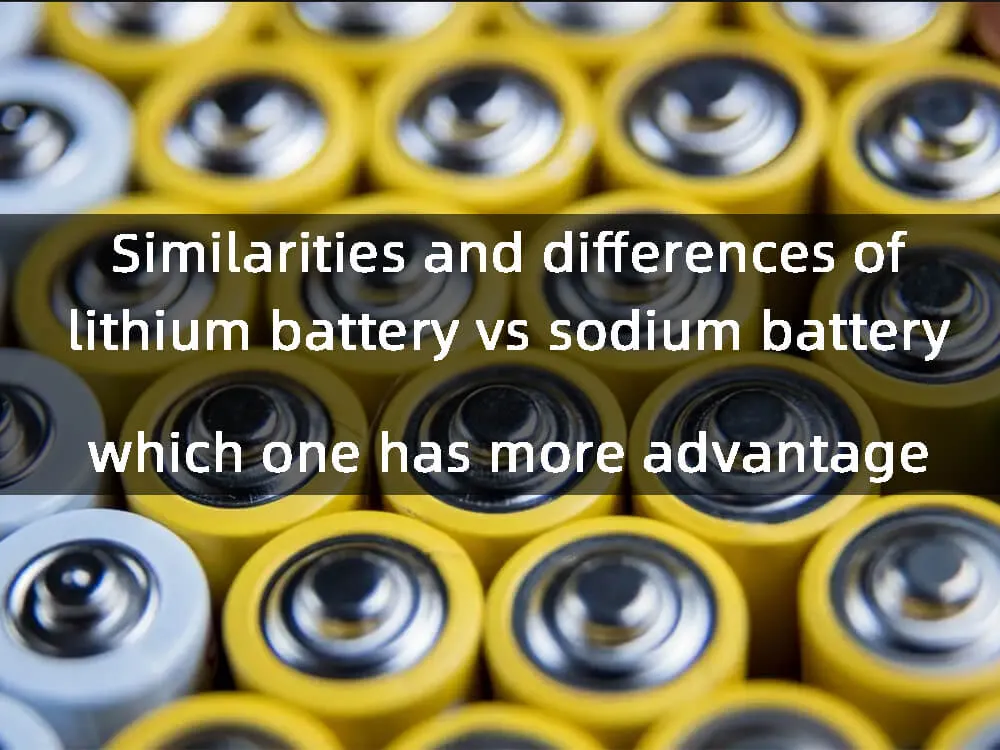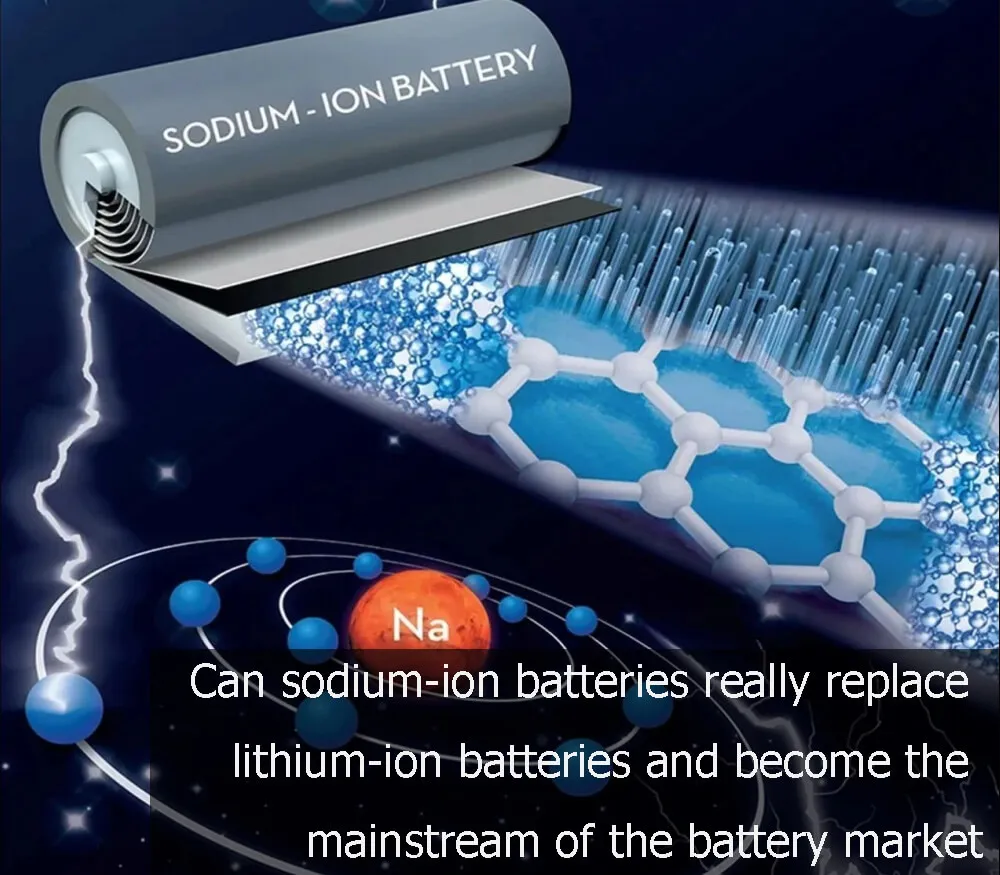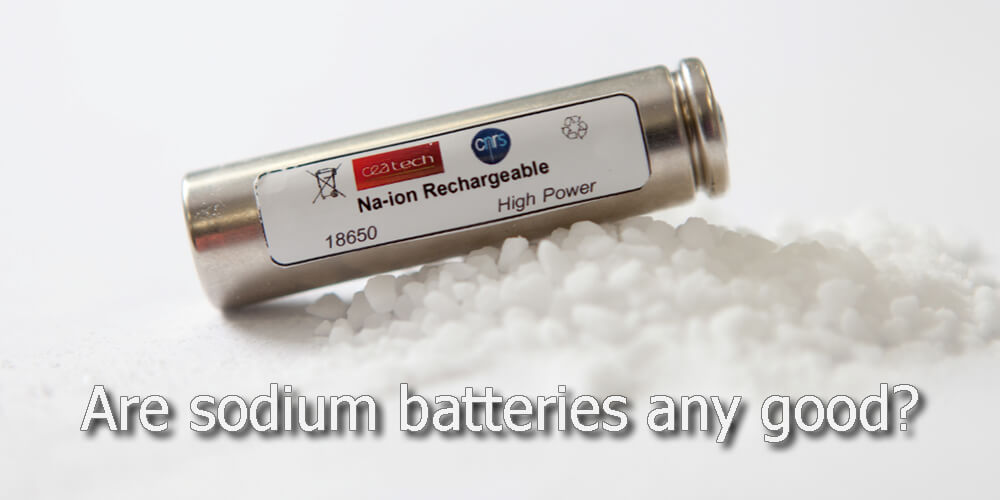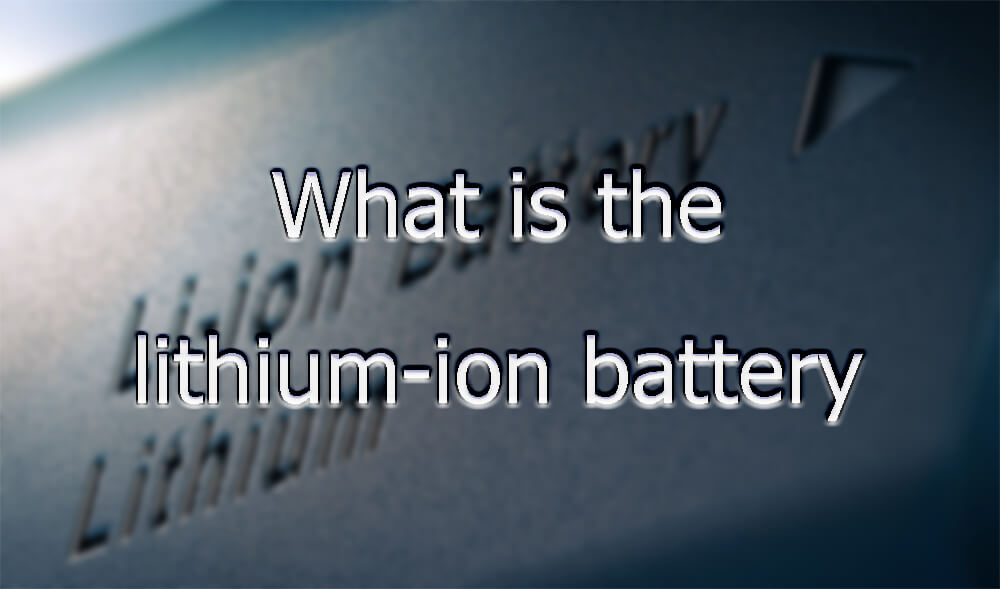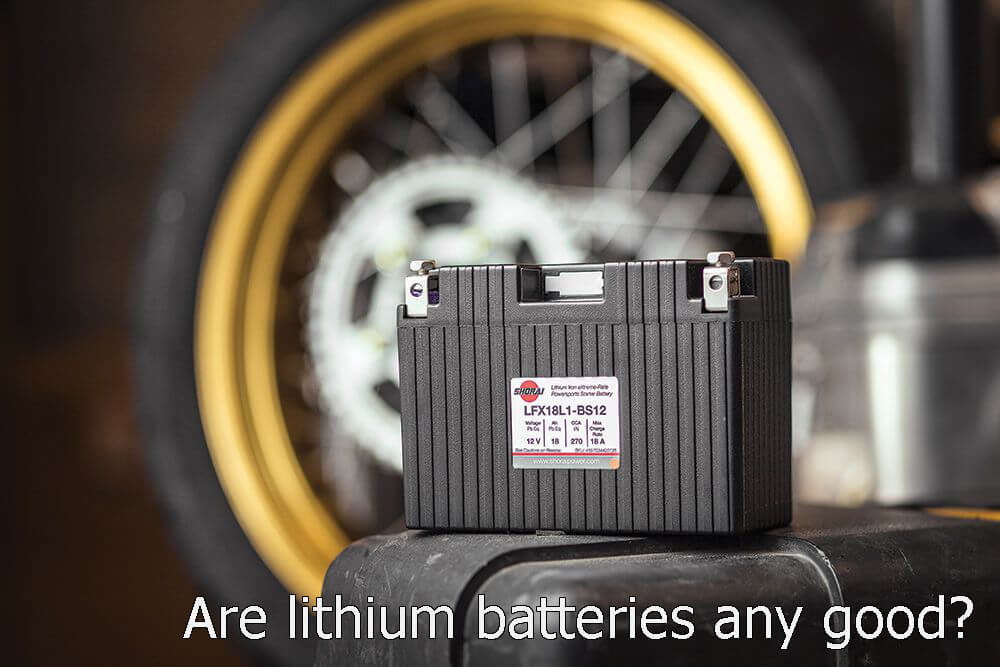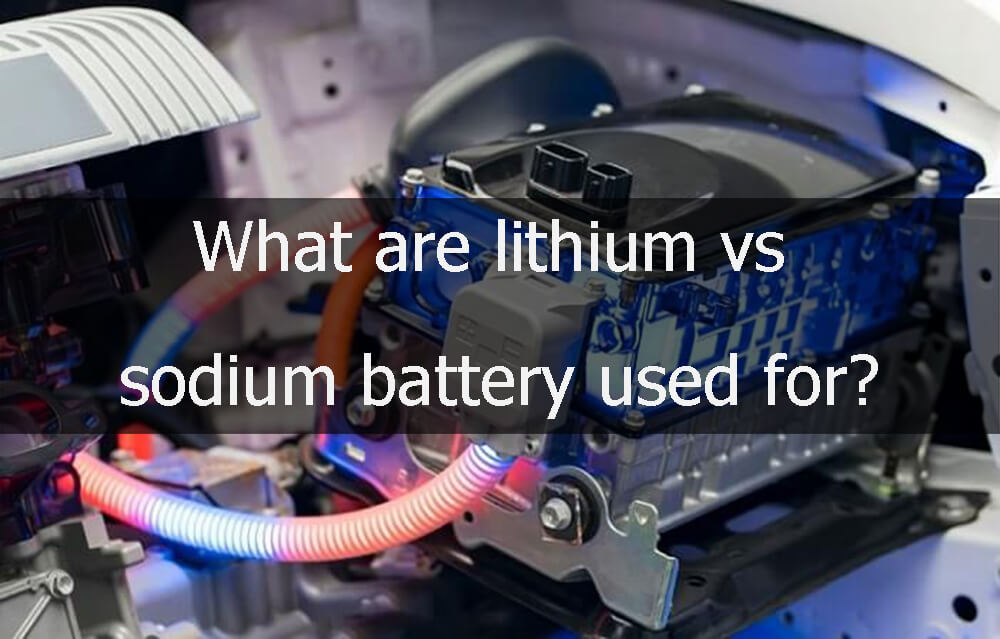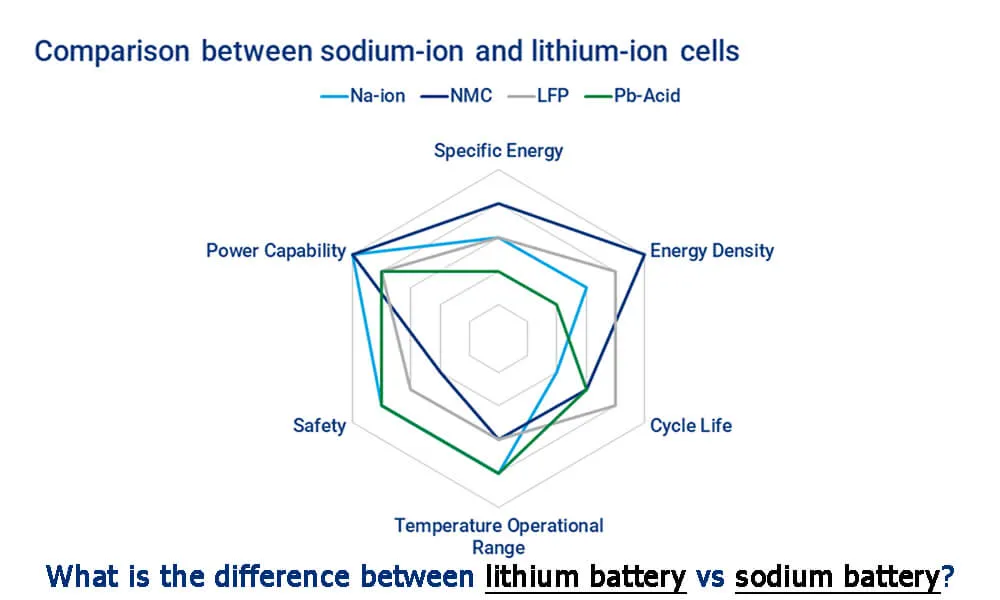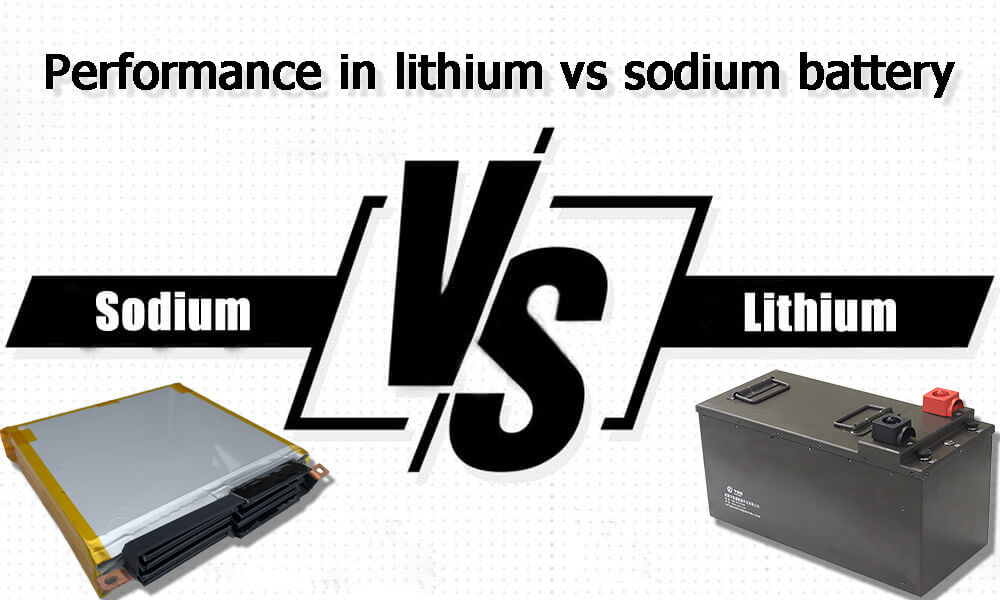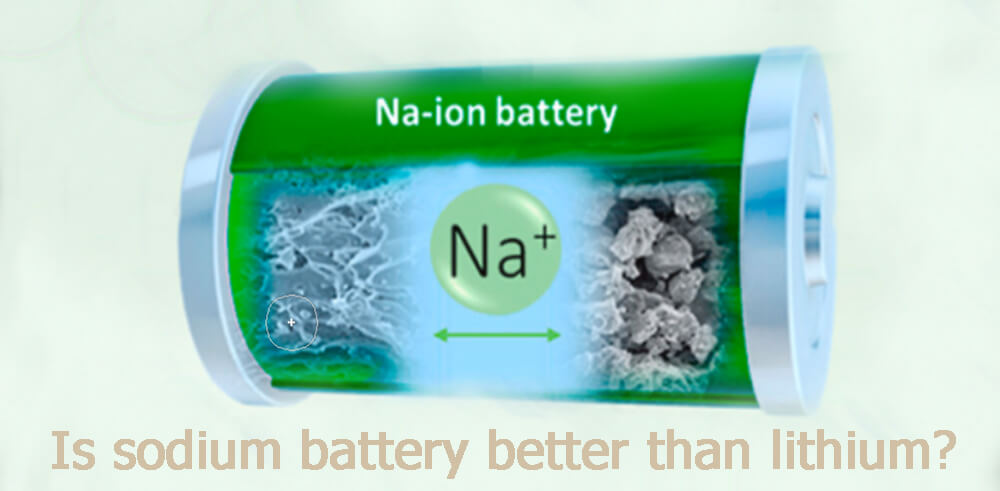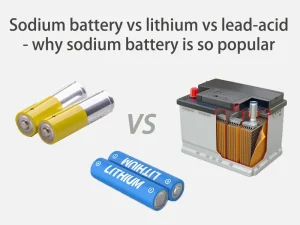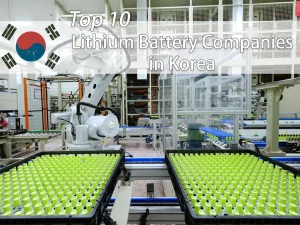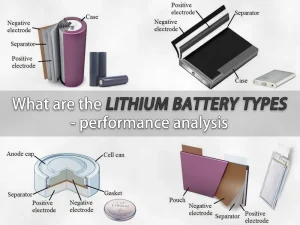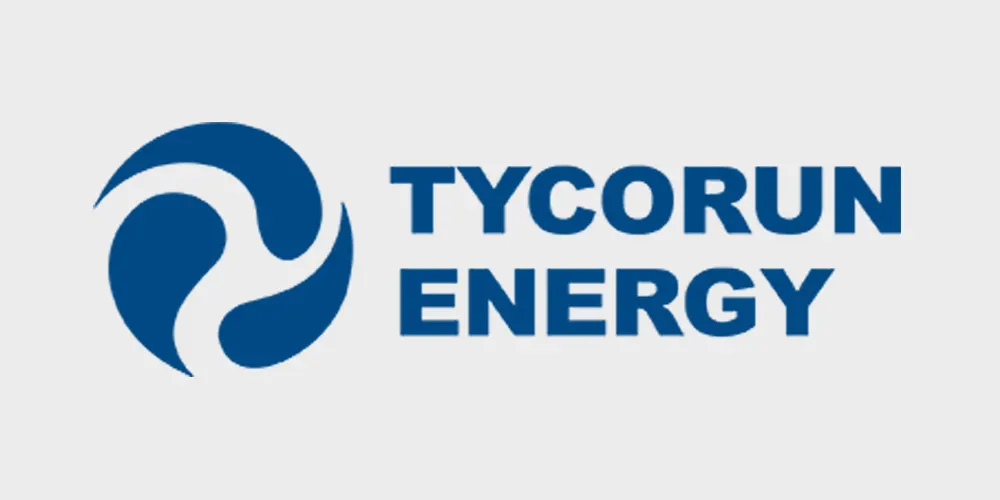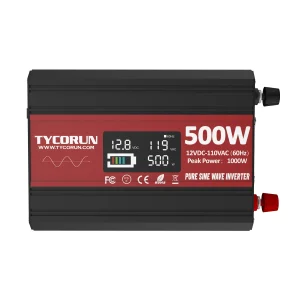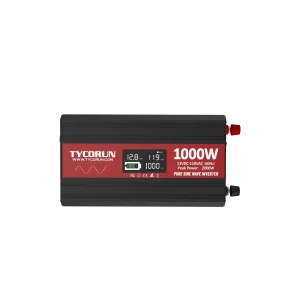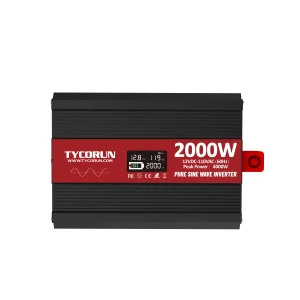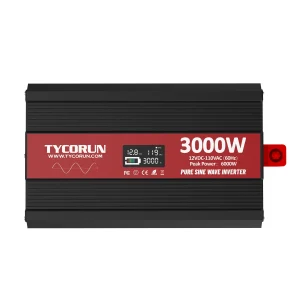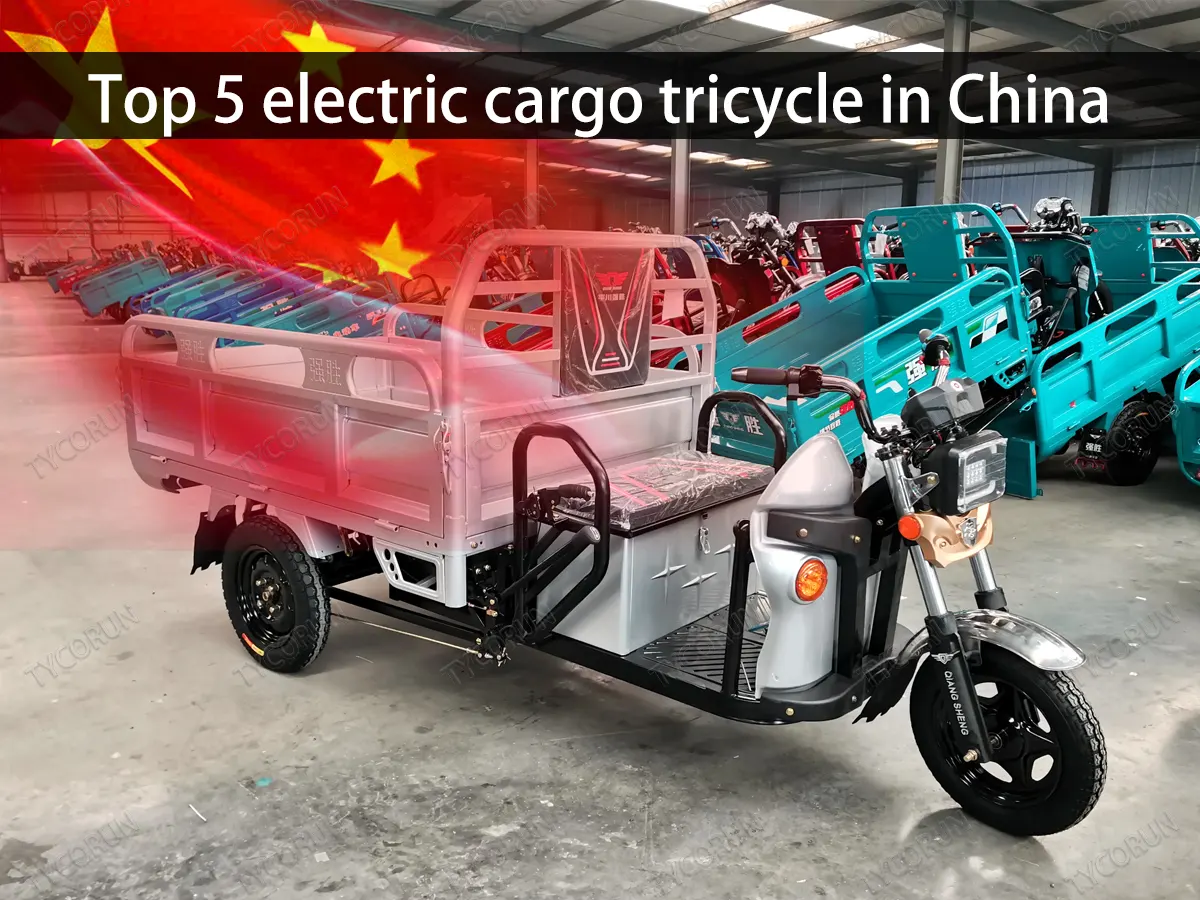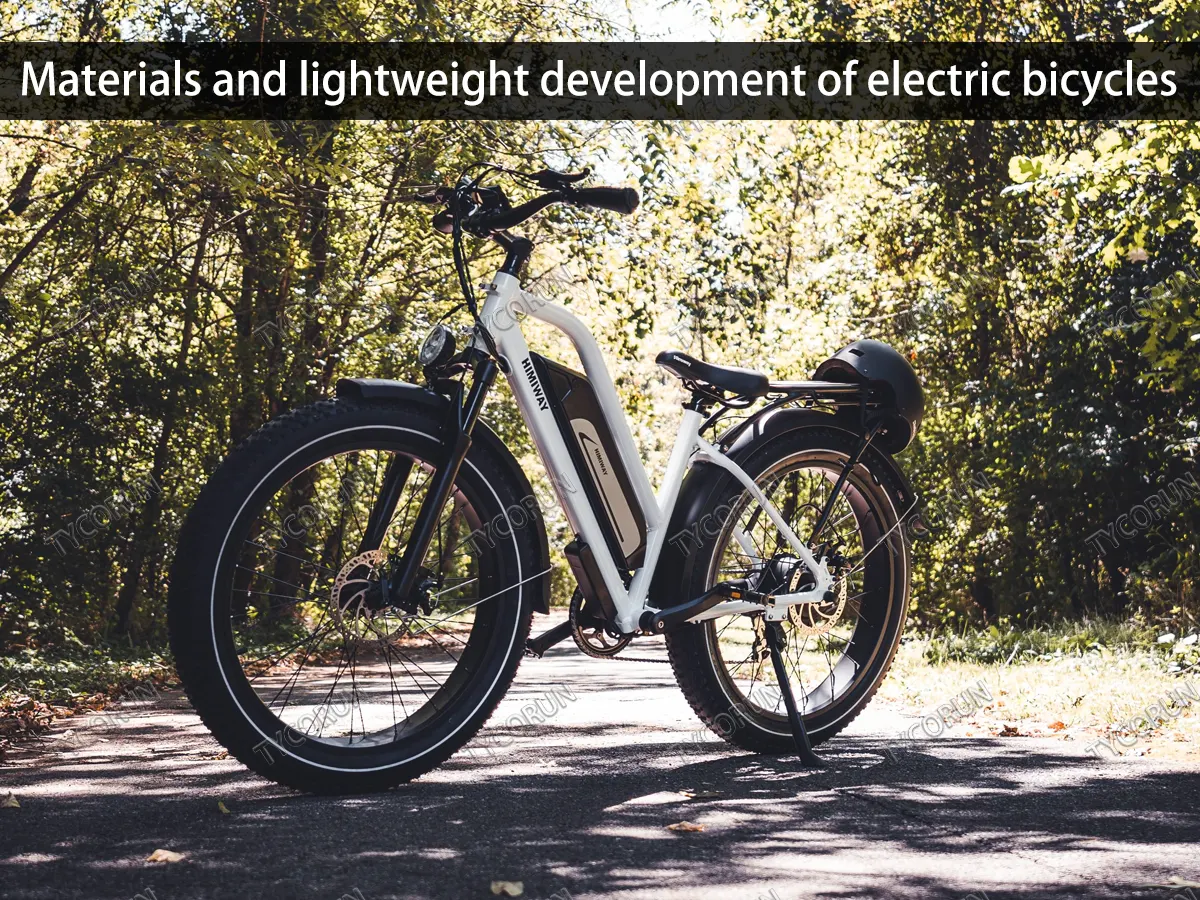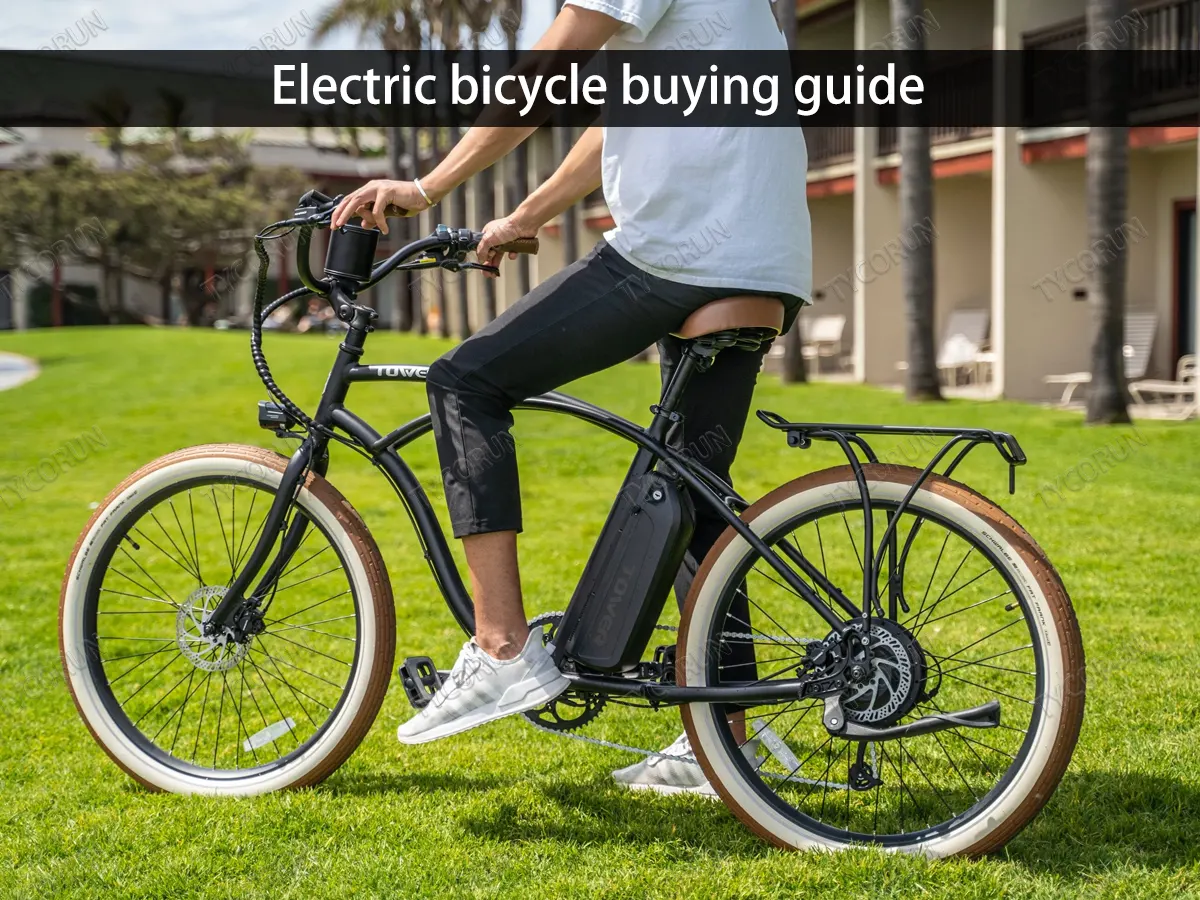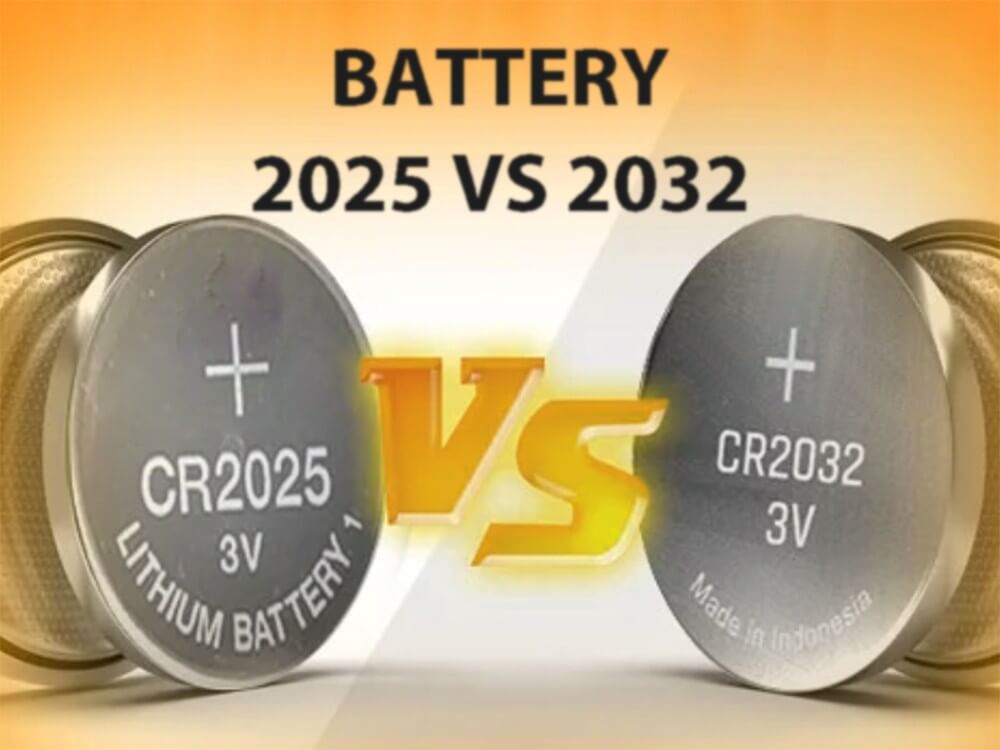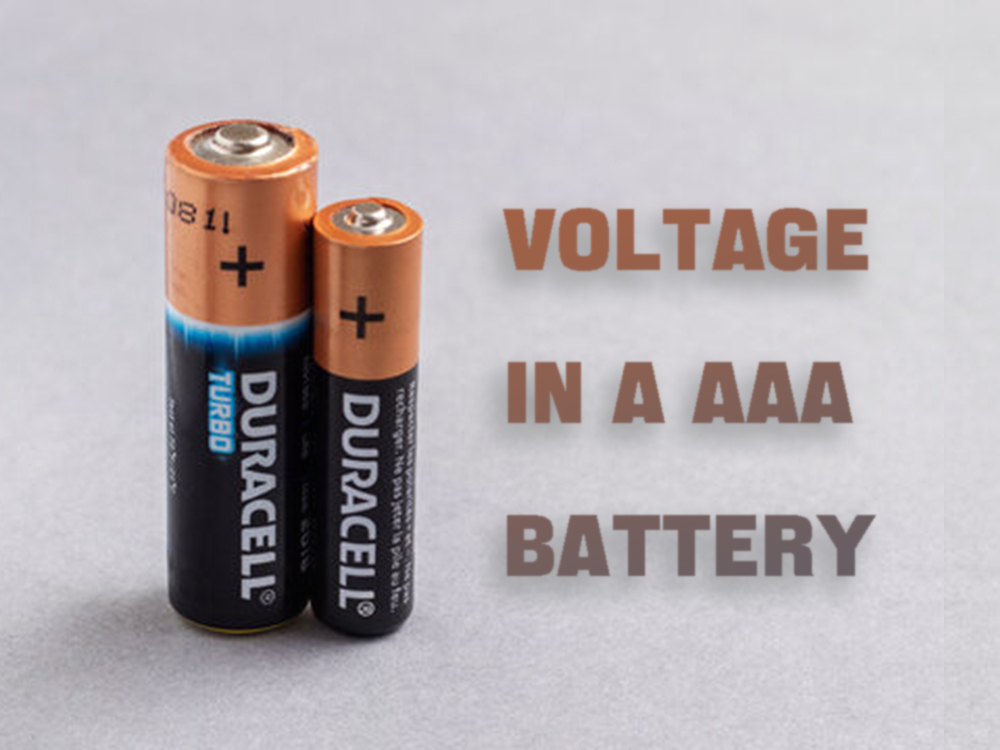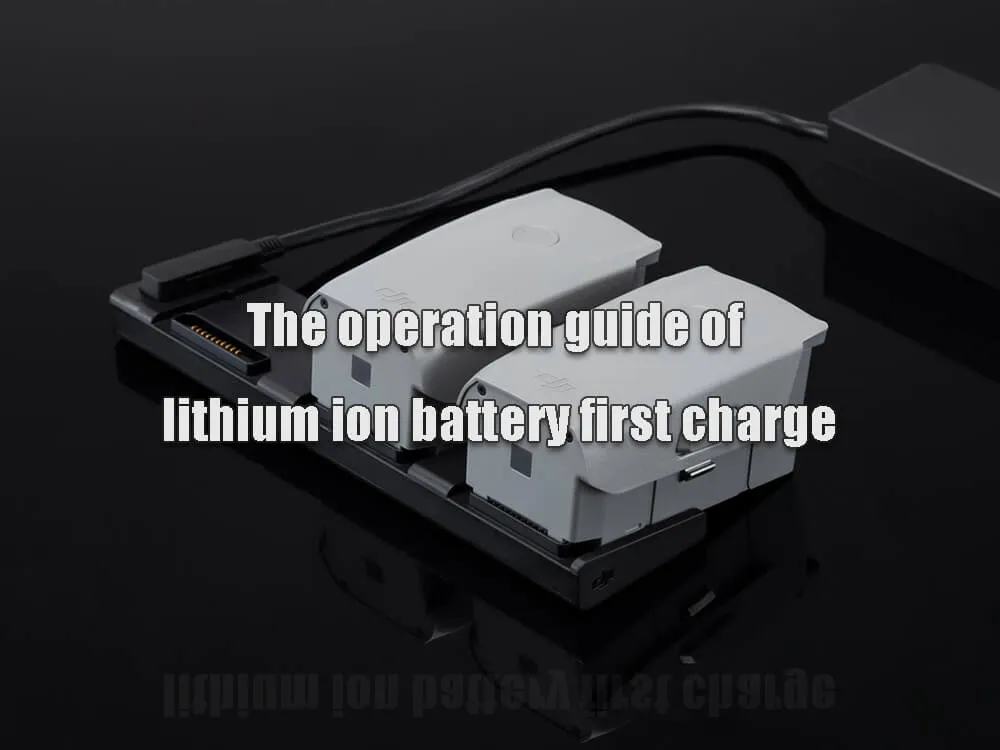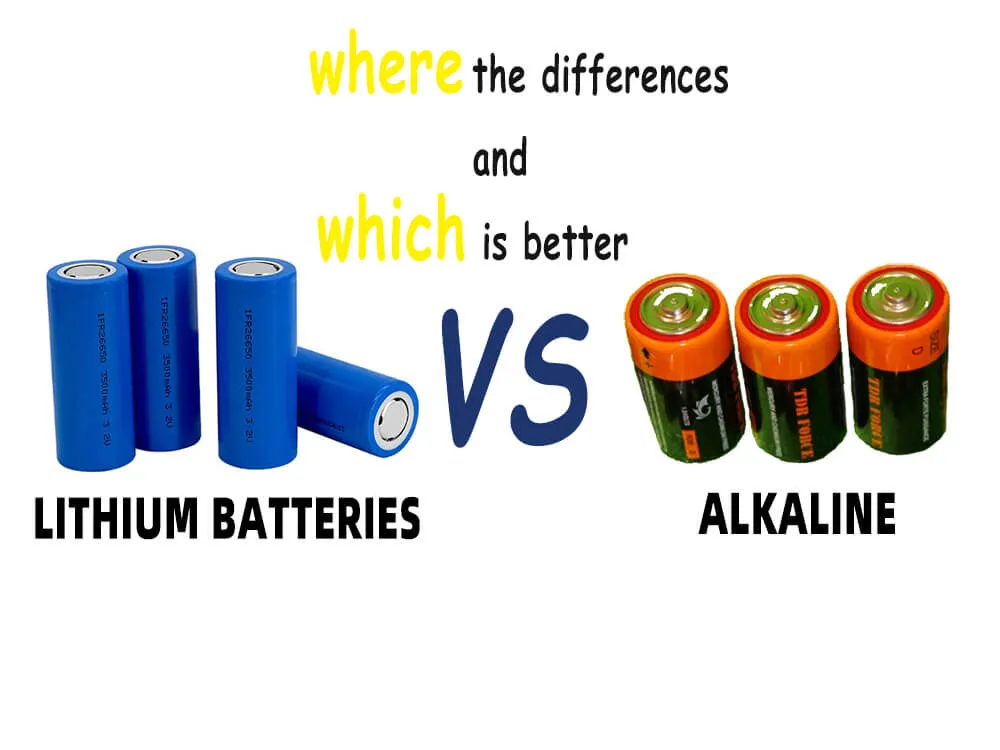Similarities and differences of lithium vs sodium battery - which one has more advantages

- What is sodium ion battery
- What is the lithium ion battery
- What are lithium vs sodium battery used for
- The operating temperature range of lithium vs sodium battery
- What is the difference between lithium vs sodium battery
- Which battery is safer-lithium vs sodium battery
- Is sodium battery better than lithium
- Will sodium ion battery replace lithium ion battery
- Why don’t we use sodium ion batteries
Power solutions are transforming and so are portable batteries. In this article, we bring to you a rechargeable battery type that has become one of the latest talks in the battery industry with its comparison to rather in the trend battery type.
This article is all about lithium vs sodium battery. Though there are enough researches to make sodium a better alternative to lithium in portable power solutions, the standardization and commercialization of sodium batteries have not been any older than a few years.
What is sodium ion battery
Typically speaking, sodium batteries are another type of rechargeable battery whose working principle is quite similar to that of lithium batteries; movement of ions between positive and negative electrodes. The answer to the question that why sodium is being considered a promising option in the place of lithium batteries lies in its chemistry. Since lithium and sodium are both metal elements and lie closest in the periodic table, their major properties; valence electrons, charge carrying capacity, charge and discharge reactions are consistent.
How do sodium batteries work
To understand how a sodium battery works, we will have to dive a bit deeper into its working chemistry. Like any other rechargeable battery, a sodium cell consists of a cathode, an anode, and an electrolyte material. When the active material is inserted in the electrolyte, oxidation happens at the anode in which the electrode loses an electron. These electrons travel to the cathode where the reduction reaction happens. And in this way, a current is created which increases the cell voltage that ultimately charges the battery.
Are sodium batteries any good
Since Sodium is found in nature in a more abundant form than lithium, making sodium electrodes which are the main component of sodium batteries becomes cheaper making these battery types a more cost-effective option over lithium batteries. Moving ahead in the Lithium vs sodium battery debate, other prominent advantages of sodium batteries over lithium batteries are as follows:
●The raw material cost of sodium-alloyed (Iron/Nickel/Manganese) cathode material is almost half of that of ternary cathode material for lithium batteries due to the abundance of low-priced sodium salt reserves.
●The conductivity of sodium electrolyte material is 20% higher with the same concentration of electrolyte as lithium material making it a more affordable low-concentration electrolyte solution.
●Though the energy density of sodium batteries is can’t comparable with lithium ion battery, their cost-benefit is remarkable which makes them a capable replacement for traditional lead-acid battery cells.
Shortcoming of sodium batteries
●Sodium batteries mostly have organic solvents as their electrolyte material which could be a big question of safety as these organic solvents are highly flammable which could lead them to explosions and fire.
●Sodium battery cells offer low volumetric energy density due to their low density which is because of the presence of water molecules and CN groups in their crystal structure which releases HCN molecules. In the process of battery production, more auxiliary materials and manufacturing costs are required.
What is the lithium ion battery
The most common type of rechargeable batteries; lithium-ion batteries are made up of four components primarily. A cathode, an anode, an electrolyte, and a separator. The cathode is the source of lithium-ions, it defines the voltage and capacity of these batteries, whereas the anode is responsible for current flow when the cell is charging.
When t is fully charged, the anode stores the lithium-ions. The electrolyte serves as a pathway between anode and cathode. It could be solvents, additives, or salts. Lastly, the separator which is pretty much self-explanatory is a physical barrier that separates the anode from the cathode.
Due to their high-energy density, compact size, and lightweight specifications, lithium-ion batteries have become a popular choice for portable devices such as laptops, tablets, cell phones, and power tools.
How do lithium ion batteries work
As mentioned above lithium-ion batteries consist of four basic components and work as a result of an oxidation-reduction reaction that happens at the anode and cathode respectively. Positive charges flow from the anode and are collected at the cathode which creates current flow. This current flow between the current collector and negative current collector and the device to be charged (in-between), while the separator prevent positive and negative contacts from forming a short circuit.
Are lithium batteries any good
1.For all the smart and high-tech devices where changing batteries is an inconvenience, lithium-ion batteries prove to be a great choice as these batteries are built to last longer.
2.With the ability to withstand wide operating temperature range, lithium-ion batteries are ideal for use in hot climatic regions and outdoor applications.
3. Above all, lithium-ions batteries have higher power density and more battery life which along with fast-charging and long-lasting ability makes these battery cells better than the traditional battery technology.
Shortcoming of lithium batteries
Usually, lithium batteries are resistant to high temperature but not low temperature.
Low-temperature use of lithium-ion batteries has low capacity, serious attenuation, and poor cycle rate.
What are lithium vs sodium battery used for
The chemistry of lithium vs sodium battery defines their key applications.
●Lithium-ion batteries have been the favorite for charging portable electronic devices such as solar power system, RV, marine, and golf cart due to their high energy density and operating voltage.
●On the other hand, sodium-ion batteries are proving to be a promising future technology due to the abundance of sodium elements in nature, high-temperature adaptability, nonflammable properties, and high energy. They are used in energy grids, electric vehicles, and other similar applications.
The operating temperature range of lithium vs sodium battery
The operating temperature of lithium vs sodium battery depends upon the discharge efficiency, and cycle life. The suitable operating temperature for sodium-ion batteries is -40- +60◦C whereas that of lithium-ion batteries is -20-60 ◦C.
What is the difference between lithium vs sodium battery
The key differences between lithium vs sodium battery would be in terms of performance and temperature range.
●Looking at the element properties, one can clearly view that Lithium as compared to sodium has better electrochemical properties which result in a better transfer of energy. Cutting long short, lithium batteries prove to be superior to sodium batteries in terms of performance and long-lasting properties.
●Sodium batteries offer no thermal runaway which means these batteries are inflammable ad could be operated efficiently in cold environments. In short, sodium-ion batteries offer exceptional performance at a wider temperature range.
Size
Talking about the size of lithium vs sodium battery, we will have to keep in mind two important factors that are energy density and charge per unit volume.
Generally, sodium-ion batteries for the same amount of energy to be stored are larger in size than lithium-ion batteries ad it is because they have lower energy density which results in low charge per unit volume. However, with the increase in technology, we are looking forward to increasing energy density in lithium vs sodium battery as it will allow us smaller but more powerful battery solutions.
Cost
Compare lithium vs sodium battery in price. Though a lot is yet to be done in the commercialization of sodium-ion batteries to make them commercially available for general use, it is expected that sodium-ion batteries will cut down their prices up to 30-40% as compared to their lithium-ion counterparts.
Performance in lithium vs sodium battery
Due to their better electrochemical properties and effective transferring properties, Lithium-ion batteries prove to offer superior performance s compared to sodium-ion batteries. Their higher energy density and lower internal resistance make them the preferred choice for all the portable electronic devices that need to be changed frequently.
In the lithium vs sodium battery, where batter price and environmental impact are the priority, sodium-ion batteries offer superior performance. For example, in grid storage arrangements, where large-capacity batteries are stored for longer durations and require less frequent recharging, sodium-ion batteries make a great option.
Which battery is safer-lithium vs sodium battery
If we discuss the factor of safety in lithium vs sodium battery, several cases of explosion and catching fire have been reported worldwide against lithium-ion batteries. Also, this is a lithium cobalt oxide battery, but not all lithium ion battery have unsafe material , like lithium iron phosphate battery, it uses safe and environmentally friendly materials, non-toxic and no heavy metals.
Quite opposite to that, sodium-ion batteries do not require special considerations for their safe handling, use, and storage as their safer chemistry will make sure that the battery will never experience any such failures.
Is sodium battery better than lithium
How to choice between lithium vs sodium battery, from the fact that sodium is present thousand times more than lithium in the earth’s crust, scientists are of the view that we can depend on sodium for a good foreseeable future and it would be a more affordable and sustainable alternative.
However, several types of research are on the way to conclude sodium battery more environmentally friendly than lithium and the current evidence is not enough to have the final say.
Will sodium ion battery replace lithium ion battery
Keeping in mind the abundance of Sodium and its favorable chemical properties, one cannot look away from the greater chances of sodium replacing lithium-ion batteries as a more cheaper and environmental-friendly solution. And if it happens, sodium ions will cut down the cost of replacing lithium-ion cells by almost half.
However, sodium batteries cannot completely replace lithium-ion batteries, and they are not suitable for applications with high energy density requirements, such as mobile phones and laptops or marine batteries, etc.
Sodium ion battery of lithium vs sodium battery, there is still a market demand for vehicles with relatively large capacity and relatively low energy density requirements. In the future, distributed energy storage and grid energy storage will have broad application prospects for sodium batteries.
Why don’t we use sodium ion batteries
Sodium-ion batteries have an energy density disadvantage relative to lithium-ion batteries (lithium iron phosphate and lithium manganate). And there is no big advantage in price.
There is no large-scale application of sodium-ion batteries. First of all, the upstream supply chain of sodium-ion batteries is not mature, and there are many potential performance defects. Sodium batteries have not obtained obvious cost advantages. In the choice of lithium vs sodium battery, users are more willing to accept lithium ion battery products with higher maturity.

